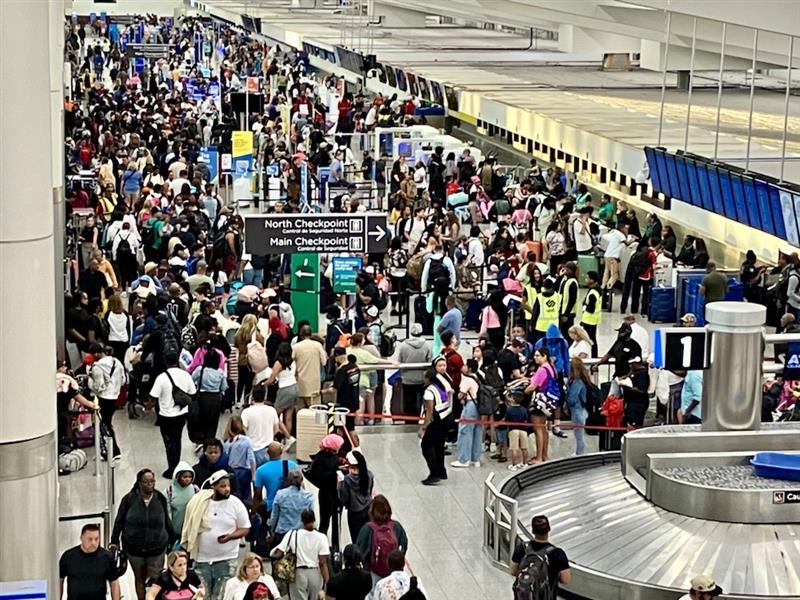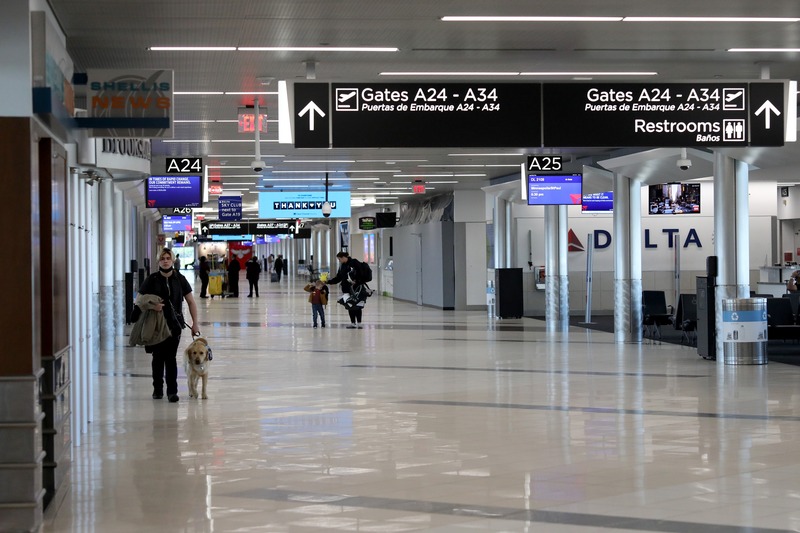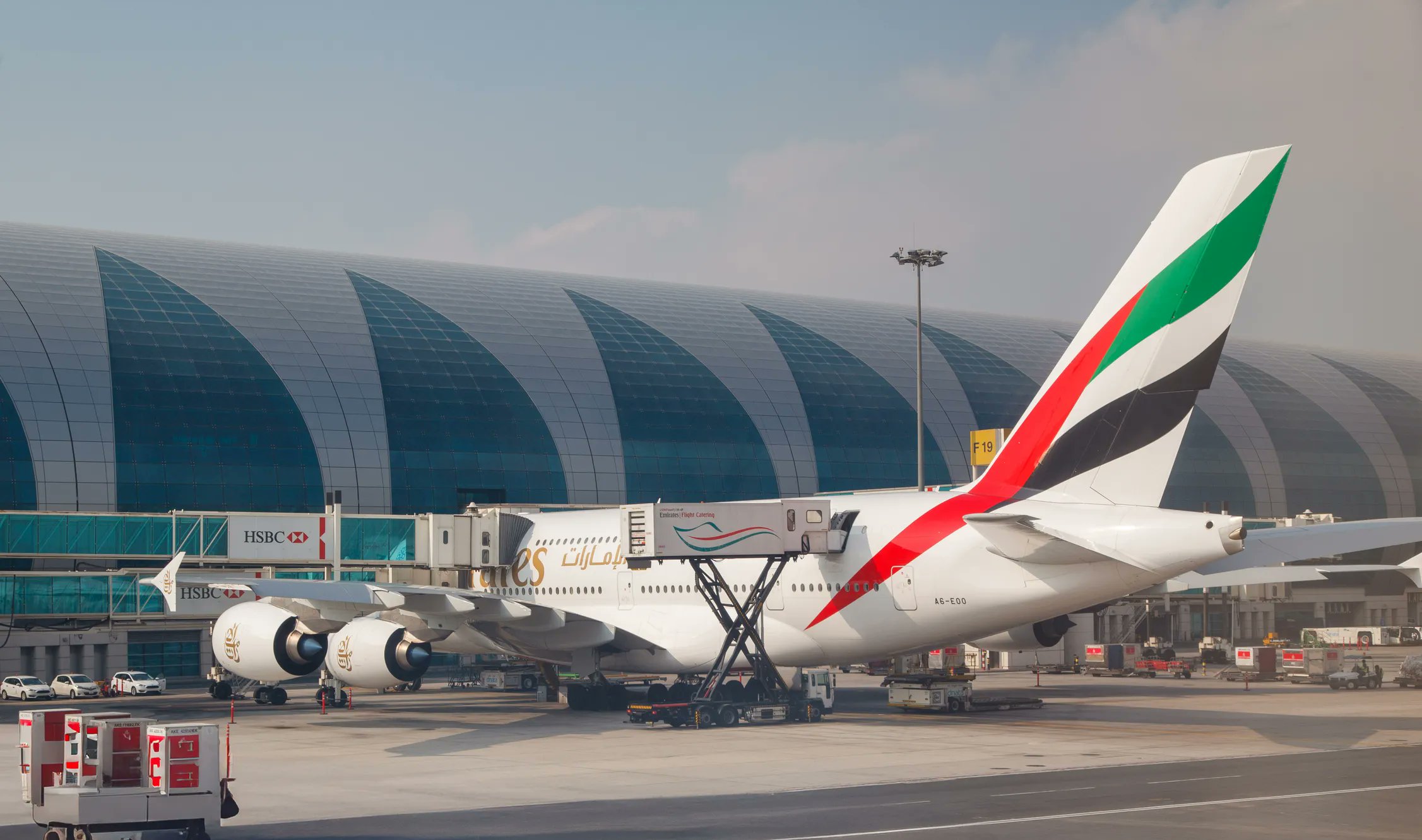
Atlanta’s Hartsfield-Jackson International Airport (ATL) continues to hold the prestigious title of the busiest airport in the world in 2025, maintaining its dominance with extremely high passenger traffic and flight operations. In 2024, ATL served over 108 million passengers, far surpassing its closest competitors, and operated nearly 800,000 aircraft movements, making it the busiest both in terms of passenger numbers and aircraft operations globally.

This dynamic airport has been the world’s busiest for 26 out of the last 27 years, retaining its top rank despite challenges such as the pandemic disruption in 2020.
Passenger Traffic and Flight Capacity
According to the latest data from OAG and Airports Council International (ACI), ATL handled over 5.3 million scheduled seats in March 2025 alone, marking a steady year-over-year increase of approximately 1-3%. The airport’s capacity reflects not just the number of flights but the scale of operations including routes to over 225 domestic and international destinations.
Atlanta acts as the primary hub for Delta Air Lines—one of the world's largest airlines—and also supports significant operations by Frontier, Southwest, and Spirit Airlines. Its extensive flight network covers North America, Latin America, Europe, Africa, the Middle East, and East Asia, exemplifying its global connectivity.
Economic and Operational Impact
ATL’s economic footprint is immense, employing roughly 55,300 people in airline, security, concession, government, and airport tenant roles. The airport generates a direct and indirect economic impact exceeding $3.2 billion annually, contributing more than $19.8 billion to the regional economy.

This establishes the airport as not only a transportation hub but a vital economic engine for Georgia and the southern United States. The airport complex includes major terminals such as the Maynard H. Jackson International Terminal, enhancing international travel capacity since its opening in 2012.
Global Ranking and Competitive Landscape
In the global rankings, ATL remains ahead of major international airports such as Dubai International Airport (DXB), which held second place with about 92 million passengers in 2024, and Dallas/Fort Worth International Airport (DFW), which saw a significant rise to approximately 87 million passengers.

The competition is increasingly tight; OAG data from September 2025 shows ATL handled 5.12 million seats while Dubai trailed closely behind with 5.1 million, indicating ongoing competition to hold the top position. Other major global hubs in the top five include Tokyo Haneda Airport and London Heathrow Airport.
Future Outlook
The outlook remains positive despite global economic and geopolitical uncertainties. Passenger numbers worldwide are recovering and surpassing pre-pandemic levels, with global air travel expected to continue growing. ATL is strategically positioned to remain the leading airport by capacity and passenger traffic due to its robust infrastructure, hub functions, and strong airline partnerships. Continued investments and expansions are expected to further bolster its capabilities to handle increasing air travel demand going forward.

In summary, Hartsfield-Jackson Atlanta International Airport solidifies its position in 2025 as the busiest airport on the planet, setting benchmarks in passenger traffic, flight capacity, and economic contribution while holding a pivotal role in the global aviation network.


.jpeg)

.jpeg)



.jpg)
.jpg)
.jpg)

.jpeg)



.jpg)
.jpg)
.jpg)



.jpg)



 (1).jpg)

.jpg)

.jpg)
.jpg)

















.png)


 (1).jpg)










